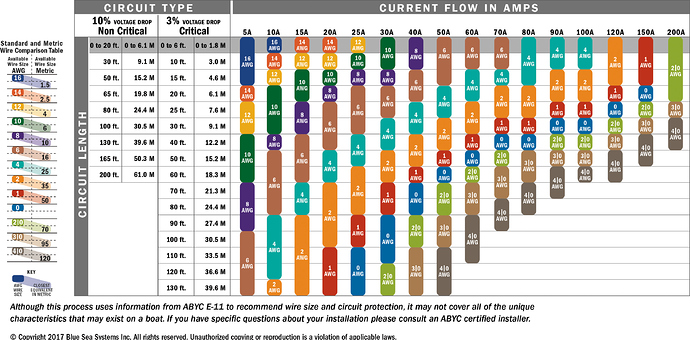Greetings & Welcome!
The only solution to this is a better plan. Inverters are terribly inefficient, and should be avoided if at all possible. Cooking, heating, cooling, refrigeration, water heating, etc. are best accomplished using fuel instead of electrical power. Solar & batteries are best suited for very minimal loads, not power hungry ones. I do have a cheap generator ($99) and a battery charger ($29) for a backup, or on the rare occasion that I need shore power but normally I just charge my house battery while driving. I ditched solar long ago.
I heat my water in the sun, on my stove, or with a fire coil on either my stove or a campfire for unlimited hot water with no electrical or battery power required.
My choice is simple, whatever battery capacity I have must last at least a week between chargings. So I have a 100ah deep cycle battery, that’s 50 amps usable PER WEEK! Anything that is going to break that plan must be fuel powered, not battery powered. That doesn’t mean I do without anything I want or need, I just do them differently, so they don’t require battery power.
Expensive batteries aren’t the answer either. Today I purchase used deep cycle batteries from junk yards for under $20, and they’ll last me 5-7 years since I eliminated the solar that would kill them prematurely, usually within about a year.
In many campers older than the 1970’s, they didn’t even have batteries, everything including the lights were fuel powered. With fuel, you could live off the grid indefinitely, and they didn’t use much fuel either. Today, with laptops, cell phones, & the internet, we need power more than we did back then, but if we restrict our power usage to a minimum, we can enjoy more and it will cost less.
I’ve been living as a nomad since before house batteries, solar panels, 12v fridges, microwaves, computers, cell phones, or the internet, yet I had every comfort I wanted or needed. Today, people want to complicate the simple & easy, not because it’s better, but because they want your hard earned money. There’s a lot to be said for cheap, simple, easy, convenient, reliable, eco-friendly, and sustainable. All things that the newer generations have forgotten or just never learned to begin with. The prepper’s & survivalist’s are embracing many of the old ways for good reason, and the happiest nomads like myself are doing it as well.
It’s not about doing without, it’s about using the best technologies available for the task, using what’s readily available. We have to create our own power, so it is not readily available. Then we have to store it, and batteries can and do go dead, and much more often than a generator that only requires fuel.
Newer cars don’t have fresh air vents or wing windows, yet they claim newer is better. According to who??? The people who are after your money, that’s who.
KISS (Keep It Stupidly Simple) is quite simply THE best advice available. Spend your money on your adventures, not expensive or complicated builds, systems, or gadgets. Your camper can be stolen or totaled in an instant, and you can’t count on your insurance to make it right.
Cheers!
"Be a credit to the human race, and make the world a better place." ~ Off Grid

